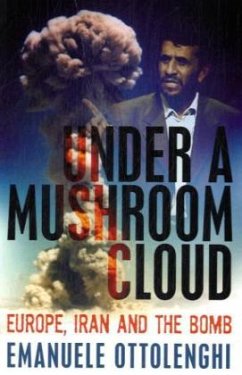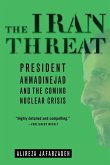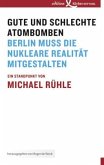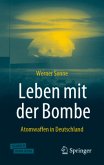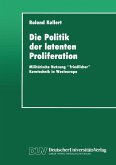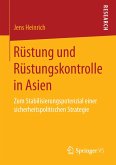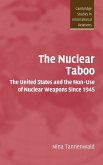Six years ago in Washington, the National Council of the Resistance in Iran (NCRI) revealed to a stunned world how advanced Iran's nuclear programme was. In just a few years, Tehran could have a nuclear arsenal. But the international community is divided on this threat. Russia and China view Iran as a tool to counter US influence. The USA is wary of engaging Iran. Sunni Arab governments fear Iran, but are powerless to keep it in check. And Israel, fearing that the bomb will be used against them, might decide on a pre-emptive strike, with drastic consequences for the region.
Preventing Iran from building a nuclear arsenal is a European priority. But Europe's strategic and economic interests collide: the EU is Iran's biggest commercial partner; its energy policy tilts towards Iran, yet its interests in the region clash with Iran's policies.
Under a Mushroom Cloud offers a clear and compelling answer. Drawing on extensive research, including interviews with senior officials, security and intelligence personnel of many countries, it provides a comprehensive account of a serious strategic threat to Europe, and offers a list of practical recommendations.
Hinweis: Dieser Artikel kann nur an eine deutsche Lieferadresse ausgeliefert werden.
Preventing Iran from building a nuclear arsenal is a European priority. But Europe's strategic and economic interests collide: the EU is Iran's biggest commercial partner; its energy policy tilts towards Iran, yet its interests in the region clash with Iran's policies.
Under a Mushroom Cloud offers a clear and compelling answer. Drawing on extensive research, including interviews with senior officials, security and intelligence personnel of many countries, it provides a comprehensive account of a serious strategic threat to Europe, and offers a list of practical recommendations.
Hinweis: Dieser Artikel kann nur an eine deutsche Lieferadresse ausgeliefert werden.

